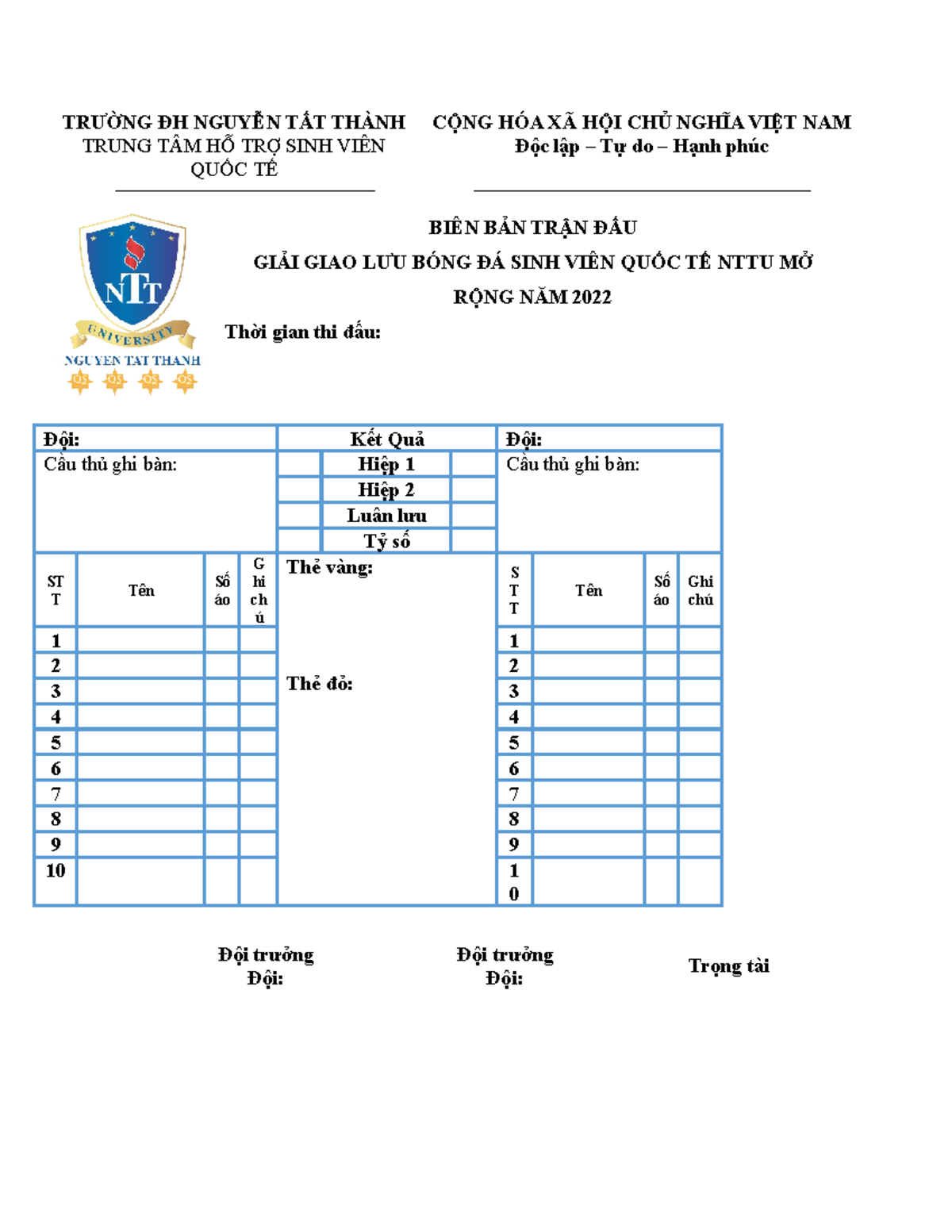Cruise Ship Complaint Policies: Permanent Bans And Passenger Rights

Table of Contents
Understanding Cruise Line Complaint Procedures
Before embarking on your cruise, familiarize yourself with the cruise line's complaint procedures. Knowing how to handle issues effectively can make a significant difference in resolving problems.
Filing a Formal Complaint
Filing a formal complaint is the first step in addressing any dissatisfaction. Most cruise lines offer multiple methods for submitting complaints:
- Online Forms: Many cruise lines have dedicated online forms for submitting complaints. These forms often require detailed information about the incident.
- Email: Email is another common method, allowing you to provide detailed descriptions and supporting documentation.
- Phone: Contacting the cruise line directly by phone can be helpful for immediate issues, but it's crucial to follow up with a written complaint.
Remember to include the following when filing a complaint:
- Detailed description of the incident: Be specific, including dates, times, locations, and involved personnel.
- Supporting documentation: Photos, videos, witness statements, and receipts are crucial pieces of evidence.
- Your contact information: Ensure the cruise line can reach you easily.
Common complaints include:
- Poor service from staff (e.g., rude or inattentive service)
- Damaged property (e.g., damaged luggage or cabin items)
- Medical issues (e.g., inadequate medical care)
- Food safety concerns
- Mechanical issues affecting the cruise
Most cruise lines have deadlines for filing complaints, typically within a short timeframe after your cruise concludes. Check your cruise documents for specific deadlines.
Internal Dispute Resolution
Cruise lines typically have internal processes to resolve complaints, often involving mediation or arbitration. This process usually involves working directly with the cruise line's customer service department to attempt a resolution. It's crucial to:
- Keep detailed records of all communication: This includes emails, phone call notes, and copies of any correspondence.
- Understand the limitations: Internal dispute resolution may not always be successful, and the cruise line may not always offer a satisfactory resolution.
Escalating Complaints
If you're dissatisfied with the initial response to your complaint, you can escalate it by:
- Contacting higher authorities within the cruise line: Try to reach a supervisor or manager.
- Contacting relevant regulatory bodies: In some cases, you may be able to file a complaint with organizations like the Cruise Lines International Association (CLIA) or your national consumer protection agency.
- Seeking legal advice: If the issue is serious or involves significant financial implications, consulting a lawyer specializing in cruise law is advisable.
Passenger Rights and Protections
Understanding your passenger rights is essential for a smooth sailing experience.
The Cruise Line's Responsibilities
Cruise lines have responsibilities towards their passengers, outlined in various laws and regulations. These responsibilities generally include:
- Ensuring passenger safety: This involves maintaining a safe ship and employing proper safety procedures.
- Providing adequate medical care: Ships are required to have onboard medical facilities and qualified personnel.
- Fair treatment: Passengers are entitled to fair and respectful treatment from cruise line staff.
It is vital to carefully review the cruise line's terms and conditions before booking your cruise. These documents often outline your rights and the cruise line's responsibilities.
Your Rights in Case of Injury or Illness
In case of accidents, illnesses, or medical emergencies onboard, passengers have specific rights:
- Access to onboard medical facilities: While the quality of onboard medical care can vary, passengers are entitled to receive appropriate medical attention.
- Potential legal recourse for negligence: If you believe your injury or illness resulted from the cruise line's negligence, you may have legal recourse. This could involve filing a lawsuit to seek compensation for medical expenses, lost wages, and pain and suffering.
Consumer Protection Laws
Consumer protection laws apply to cruise travel, providing passengers with additional protection. These laws may vary depending on your country or state of residence. It's important to understand:
- Specific relevant laws: Research the laws applicable to your cruise and your location.
- Your rights as a consumer: Know your rights regarding refunds, cancellations, and compensation.
Permanent Bans and Their Implications
While rare, cruise lines can issue permanent bans to passengers.
Reasons for Permanent Bans
Cruise lines typically issue permanent bans for serious infractions, including:
- Disruptive behavior: Excessive drinking, fighting, or causing disturbances.
- Violence: Assaulting other passengers or crew members.
- Serious breaches of ship rules: Violating safety regulations or drug-related offenses.
The policies surrounding permanent bans often lack transparency, making it difficult to know exactly what constitutes grounds for a ban.
Appealing a Permanent Ban
Appealing a permanent ban is often difficult, but not impossible. It usually involves:
- Submitting a written appeal explaining your side of the story.
- Providing supporting documentation, if available.
- Potentially seeking legal counsel.
The success rate of appealing a ban is low, as cruise lines generally have significant discretion in such matters.
Impact of a Ban on Future Cruises
A permanent ban from one cruise line may also affect your ability to cruise with other lines, as some cruise lines share information about banned passengers. This could significantly impact your future travel plans.
Conclusion
Navigating cruise ship complaint policies effectively requires understanding your passenger rights and the procedures for addressing grievances. From filing formal complaints and utilizing internal dispute resolution to appealing potential permanent bans, knowing your options is key to ensuring a positive cruising experience. Remember to thoroughly review the terms and conditions of your cruise line and be prepared to document any issues that may arise. Don't hesitate to seek legal counsel if needed. By being informed about your rights and the processes involved in addressing cruise ship complaints, you can protect yourself and ensure a smoother sailing experience. Learn more about your rights related to cruise ship complaint policies to plan your next vacation with confidence.

Featured Posts
-
 Giai Bong Da Thanh Nien Thanh Pho Hue Lan Thu Vii Lich Thi Dau Va Doi Hinh
May 01, 2025
Giai Bong Da Thanh Nien Thanh Pho Hue Lan Thu Vii Lich Thi Dau Va Doi Hinh
May 01, 2025 -
 Easy Shrimp Ramen Stir Fry Ready In Under 30 Minutes
May 01, 2025
Easy Shrimp Ramen Stir Fry Ready In Under 30 Minutes
May 01, 2025 -
 Major Oil Spill Forces Closure Of 62 Miles Of Russian Black Sea Beaches
May 01, 2025
Major Oil Spill Forces Closure Of 62 Miles Of Russian Black Sea Beaches
May 01, 2025 -
 Celtic Face Stern Championship Challenges At Home
May 01, 2025
Celtic Face Stern Championship Challenges At Home
May 01, 2025 -
 Experience Exquisite Dining Windstar Cruises Foodie Itineraries
May 01, 2025
Experience Exquisite Dining Windstar Cruises Foodie Itineraries
May 01, 2025
Latest Posts
-
 Il Cardinale Becciu Accuse Chat Segrete E Un Processo Contestato
May 01, 2025
Il Cardinale Becciu Accuse Chat Segrete E Un Processo Contestato
May 01, 2025 -
 Caso Becciu Chat Segrete Complotto E Processo La Verita Nascosta
May 01, 2025
Caso Becciu Chat Segrete Complotto E Processo La Verita Nascosta
May 01, 2025 -
 Il Caso Becciu Appello In Partenza Il 22 Settembre La Sua Dichiarazione
May 01, 2025
Il Caso Becciu Appello In Partenza Il 22 Settembre La Sua Dichiarazione
May 01, 2025 -
 Scandalo Vaticano Le Chat Segrete Di Becciu E Le Accuse Di Processo Falsato
May 01, 2025
Scandalo Vaticano Le Chat Segrete Di Becciu E Le Accuse Di Processo Falsato
May 01, 2025 -
 Processo Becciu Aggiornamenti Sull Appello Del 22 Settembre
May 01, 2025
Processo Becciu Aggiornamenti Sull Appello Del 22 Settembre
May 01, 2025
